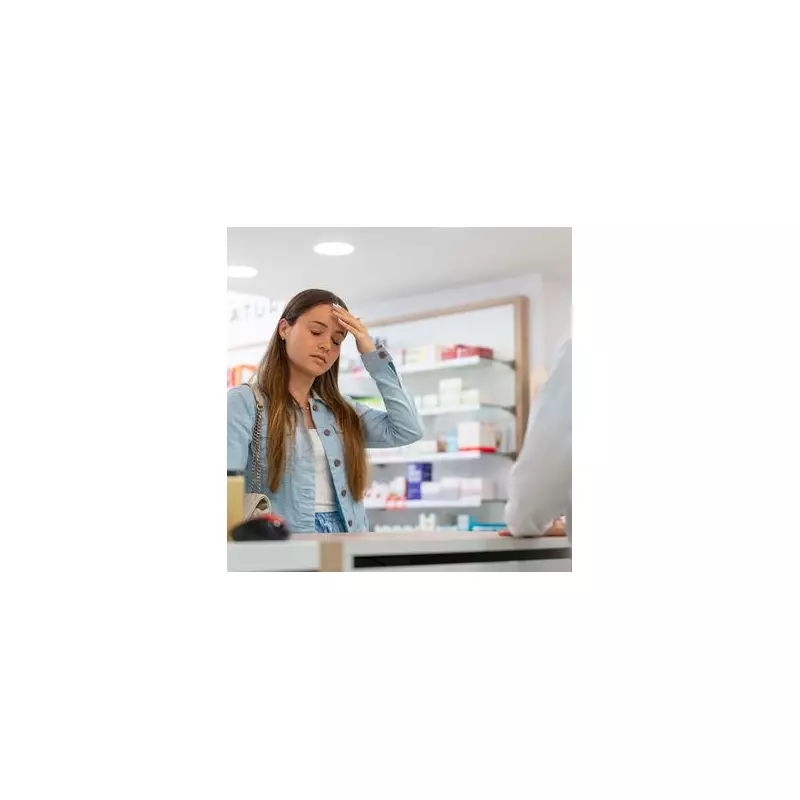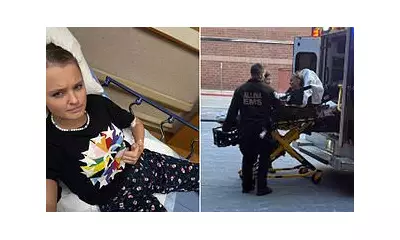
Parents across the UK are being issued an urgent health alert from the NHS regarding the potentially fatal risks of giving aspirin to children.
The warning comes amid concerns that many families remain unaware of the danger aspirin poses to youngsters, with the common painkiller being linked to Reye's Syndrome - a rare but devastating condition that can cause severe brain and liver damage.
What is Reye's Syndrome?
Reye's Syndrome is an extremely serious condition that primarily affects children and teenagers recovering from viral infections. While rare, the consequences can be catastrophic, with the syndrome causing:
- Persistent vomiting
- Lethargy and confusion
- Seizures and loss of consciousness
- Swelling of the brain
- Liver failure
Medical experts emphasise that the condition has a mortality rate of up to 50%, making prevention absolutely crucial.
Who is at risk?
The NHS specifically warns against giving aspirin to:
- Children under 16 years old
- Teenagers recovering from chickenpox or flu
- Young people with fever symptoms
Paediatric specialists stress that even small amounts of aspirin can trigger the condition in vulnerable children.
Safe alternatives for childhood pain
Instead of aspirin, parents should consider child-appropriate alternatives such as:
- Paracetamol formulations designed for children
- Ibuprofen specifically made for paediatric use
- Consulting with pharmacists for suitable options
"Always check medication labels carefully and never assume that adult painkillers are safe for children, even in reduced doses," advises Dr Sarah Jenkins, a leading paediatric consultant.
The NHS recommends that parents who have given aspirin to their child and are concerned about Reye's Syndrome should contact NHS 111 or their GP immediately for advice.





